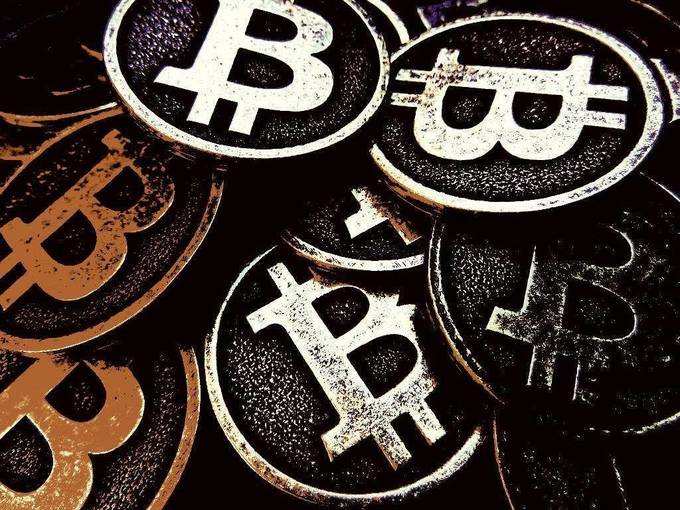 “Blockchain technology continues to redefine not only how the exchange sector operates, but the global financial economy as a whole.”
“Blockchain technology continues to redefine not only how the exchange sector operates, but the global financial economy as a whole.”– Bob Greifeld, Chief Executive Officer of NASDAQ
A
Nick Szabo, the man believed to be behind the technology, wrote a paper ‘The God Protocols’, in which he called for an idea of ‘a diety who is on everybody's side.’ He said, “Imagine the ideal protocol. It would have the most trustworthy third party imaginable -- a deity who’s on everybody's side. All the parties would send their inputs to God. God would reliably determine the results and return the outputs. God being the ultimate in confessional discretion, no party would learn anything more about the other parties' inputs than they could learn from their own inputs and the output.” Now this idea was put forward in 1999, the time when internet rushed into our lives.”
In real world, there are no gods or deities. Escrows (banks) have replaced ‘God’ in the system to turn basic transactions into profit.
Why is Blockchain the next wave after web:
Current system: - Requires third party trust - Middlemen/Escrows are directly proportional to the complexity of the system. More complex system calls for more middlemen - Special equipments like POS Terminal, Taxation networks are needed to perform the action. - Fraud detection is carried out by a third party
Blockchain: - As an open record framework, blockchain records and accept every single exchange made, which makes it secure and dependable. - Every exchange made is approved by diggers, which makes the transactions unchanging and keeps it from the risk of hacked. - Blockchain disposes of the need of any outsider or focal power for shared exchanges. - Decentralization of the Technology.
Bitcoin blockchain is currently one of the largest networks. While the technology is a little confusing, the primary thought is very basic. Blockchains empower us to send cash straightforwardly and securely from me to you, without experiencing a bank, a charge card organization, or anything that asks you for a fee.
Just like the Internet of Things, it's the Internet of Money. It's additionally a stage for everybody to realize what’s valid—at any rate with respect to organized recorded data. At its most essential, it is an open source code: anybody can download it for nothing, run it, and use it to grow new instruments for overseeing exchanges on the web. All things considered, it holds the potential for unleashing incalculable new applications and so far undiscovered abilities that can possibly change numerous things.
Smart Contract
Take any industry and this innovation holds enormous potential to disturb it, making it a more prosperous world where individuals get the chance to take an interest in the worth that they make. The music business, for instance, is a catastrophe, in any event from the perspective of the performers. They used to have the vast majority of the quality taken by the huge names. At that point, along came the new organizations, which took an entire group of quality, and the lyricists and performers, were left with pieces towards the end. Imagine a scenario where the new music industry was a circulated application on the blockchain, where I, as a musician, could post my melody onto the blockchain with a brilliant contract determining how it is to be utilized. This is not about being a futurist or just saying things haphazardly, a contract posted will be charged according to its usage.
Banks & Blockchain While they comprehend its potential, numerous budgetary foundations are not so sure whether blockchain innovation offers a cost-cutting open door or speaks to an edge disintegrating risk that could make them bankrupt. Banks are taking an assortment of methodologies in their quest for answers.
Some have created in-house models, for example, Citigroup's production of Citicoin, an advanced coin being tried in the bank's research center. Also,
As the real outlook changes, blockchain will make victors and washouts. Despite the fact that open doors proliferate, the dangers of disturbance and separation must not be overlooked. Still, banks are hopeful and believe that today's monetary administrations pioneers won't turn out to be tomorrow's washouts. All things considered, an excessive amount of it is still in question.
Blockchains Impact on a Global Scenario -
-
Blockchain has already raised $30 million from names like Lightspeed venture Partners, Prudence holding, Virgin Group, Future Perfect Ventures, Mosiac Ventures and Wicklow Capital. Moreover, its endorsement by Sir
(Image credit: Economic Times)